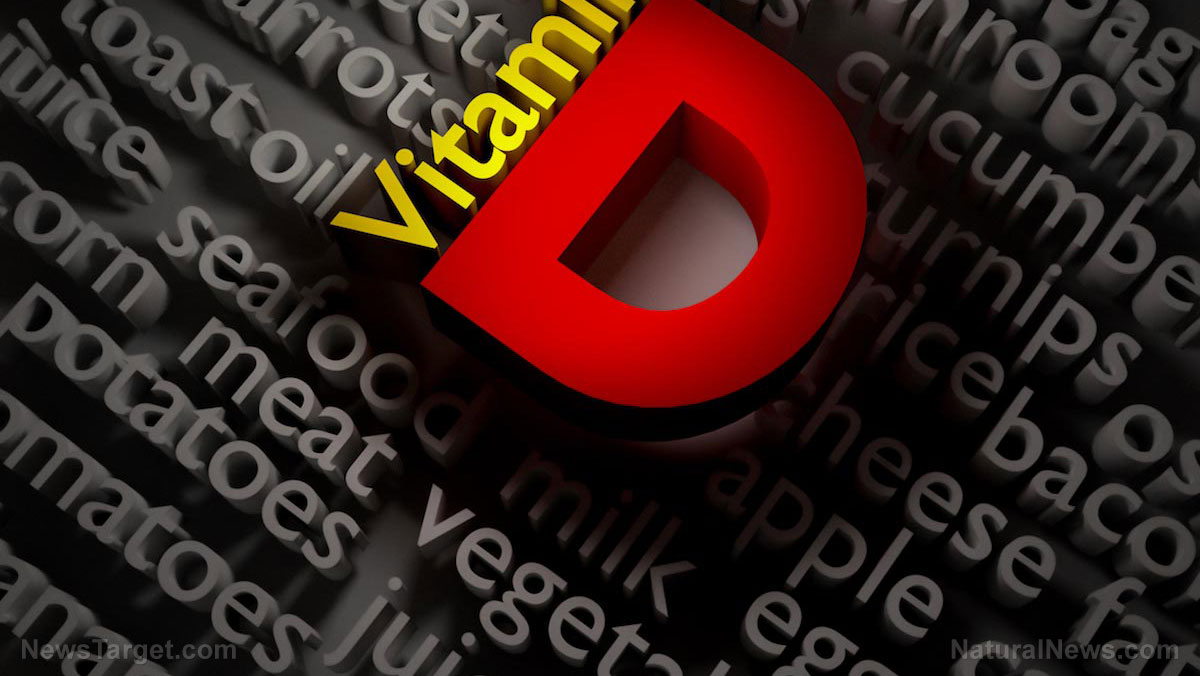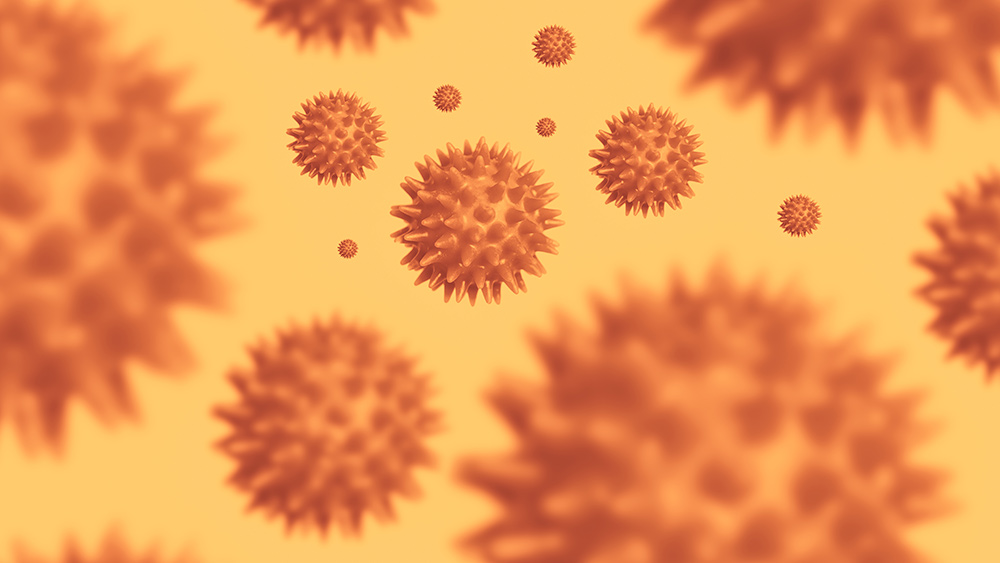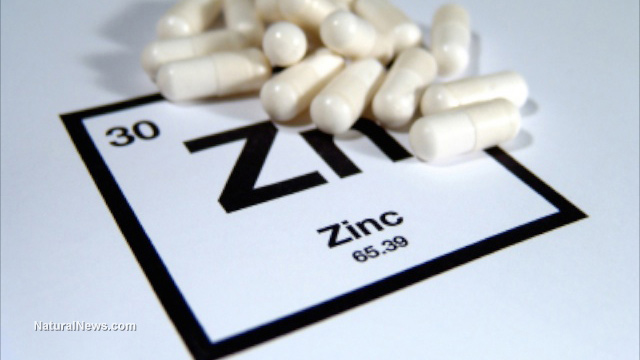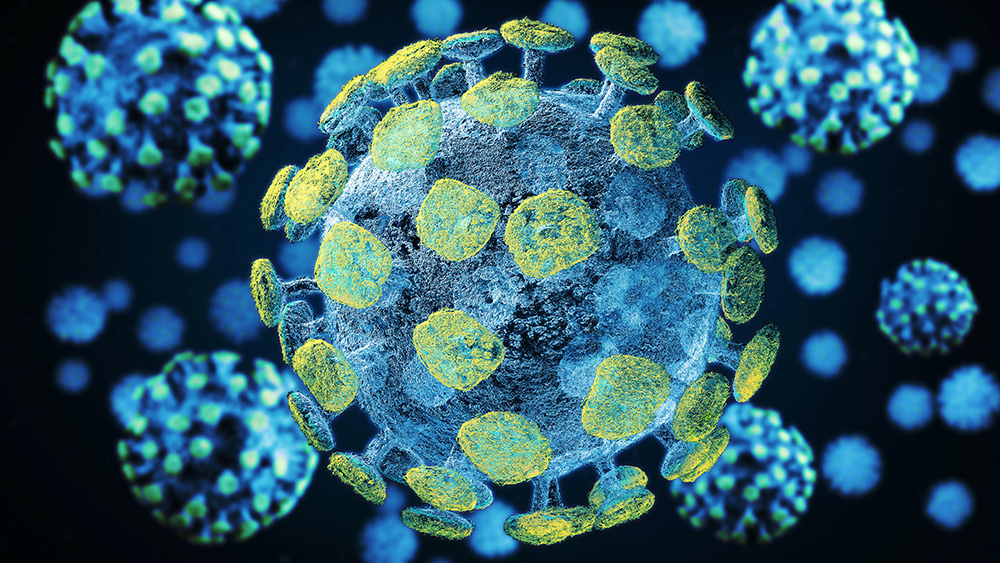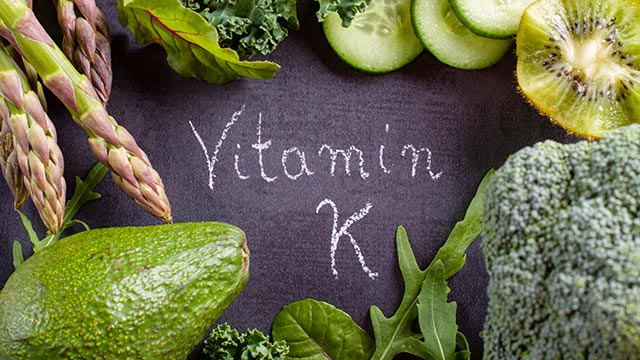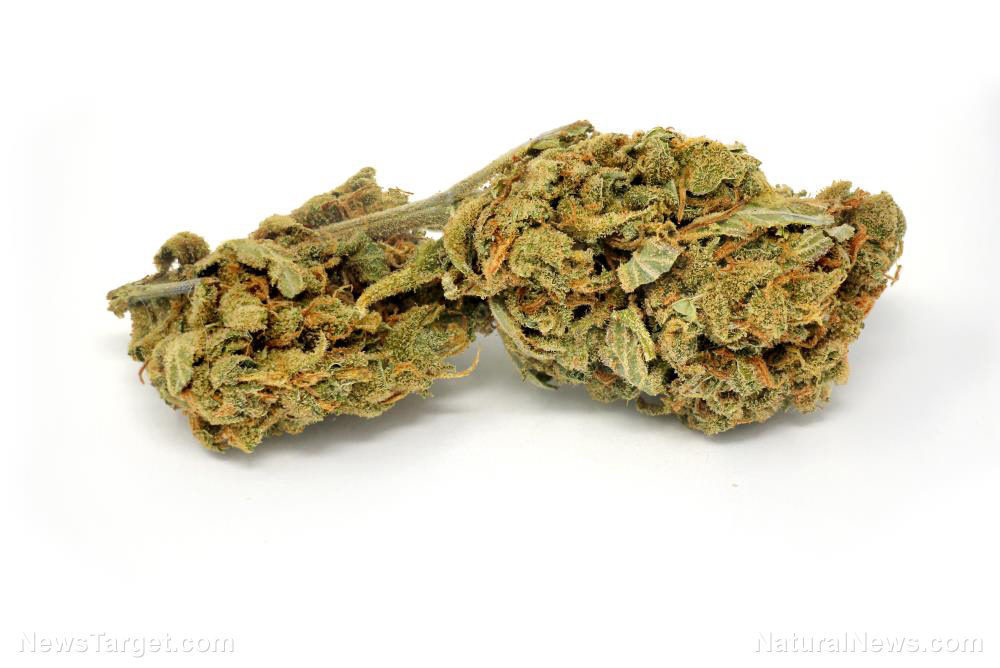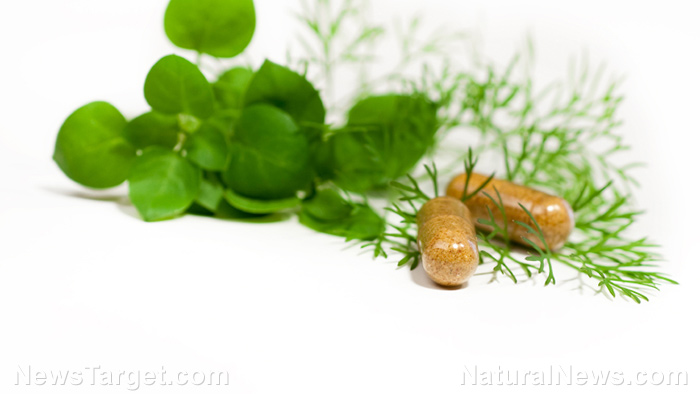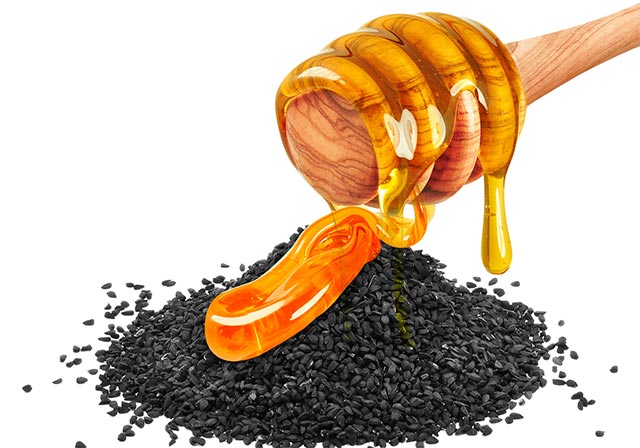Use N-acetylcysteine? The FDA is trying to make it illegal because it could help treat COVID-19
08/21/2020 / By Ethan Huff

As a favor to drug companies that are studying it as a potential “drug” treatment for the Wuhan coronavirus (COVID-19), the U.S. Food and Drug Administration (FDA) is going after N-acetylcysteine, a natural compound that the agency is suddenly claiming no longer qualifies as a legal dietary supplement.
Reports indicate that the FDA has sent out a series of warning letters to supplement manufacturers warning them that NAC, as it is also called, does not meet the definition of a dietary supplement because it was supposedly first approved as a “drug” back in 1963.
The FDA claims that NAC was never marketed as a food or supplement prior to the agency’s approval of it as a drug. This, according to the agency, means that the “rights” to sell it are under the jurisdiction of the FDA, which is steering it towards Big Pharma entities now trying to capitalize on it as a possible Wuhan coronavirus (COVID-19) remedy.
Some 1,170 different dietary supplement products currently on the market contain NAC, as it is a popular natural remedy for treating liver side effects associated with Tylenol (acetaminophen) overdoses. NAC is “also used to loosen the thick mucus in the lungs of people with cystic fibrosis or chronic obstructive pulmonary disease,” according to the summary of a study sponsored by the Memorial Sloan Kettering Cancer Center.
NAC has also been shown to stop cancer in its tracks.
“This is not a fringe ingredient,” notes Steve Mister, president and CEO of the Council for Responsible Nutrition (CRN), as quoted by Natural Products Insider.
Before coronavirus, FDA recognized NAC as an ordinary food supplement
According to Steven Tave, director of the FDA Office of Dietary Supplement Programs (ODSP), the warning letters that have been sent out merely reiterate the FDA’s previous conclusions concerning NAC, and have nothing to do with drug companies now trying to capitalize on NAC by potentially patenting it as a Wuhan coronavirus (COVID-19) treatment.
“To the extent that any stakeholders and anyone in industry or anyone else has facts that they think would cause us to rethink our conclusion, then we would welcome that evidence,” Tave stated during a recent interview. “We’re happy to review it, and we would invite them to submit it to us.”
Interestingly, the FDA has not had much of a problem with NAC up until now, as CRN is aware of roughly 150 structure/function claims about its use that have never drawn objection from the FDA. Supplement manufacturers have been marketing it for decades without issue, in other words, and only now is the FDA making a stink about it.
Furthermore, the FDA indicated back in 2018, responding to a petition for a qualified health claim, that six individual substances in the petitioner’s dietary supplement were either components of food or a dietary supplement. And this particular supplement contained NAC, suggesting that the FDA had no problem with it back then.
“FDA has not been consistent over the years,” Mister contends.
As for the drug exclusionary provision that Tave is now citing as justification for going after NAC in the age of the Wuhan coronavirus (COVID-19), Mister further explains that this “was intended to create a race to market so that you didn’t take away the incentives for drug companies to study products for potential disease uses.”
“But it was never meant to be a shield to just go out and start removing products from the market,” he further contends. “FDA has demonstrated over many … years a bias in favor of drug products, which makes sense because FDA has a lot more control over bringing a drug to market than they do foods or cosmetics or supplements.”
For more related news about FDA tyranny in the age of the Wuhan coronavirus (COVID-19), be sure to check out FDA.news.
Sources for this article include:
Submit a correction >>
Tagged Under:
coronavirus, covid-19, cures, dietary supplement, FDA, Food and Drug Administration, illegal, N-Acetylcysteine, NAC, nutrients, remedies, supplements, treatment
This article may contain statements that reflect the opinion of the author
RECENT NEWS & ARTICLES
COPYRIGHT © 2017 CoronavirusNutrients.com
All content posted on this site is protected under Free Speech. CoronavirusNutrients.com is not responsible for content written by contributing authors. The information on this site is provided for educational and entertainment purposes only. It is not intended as a substitute for professional advice of any kind. CoronavirusNutrients.com assumes no responsibility for the use or misuse of this material. All trademarks, registered trademarks and service marks mentioned on this site are the property of their respective owners.




